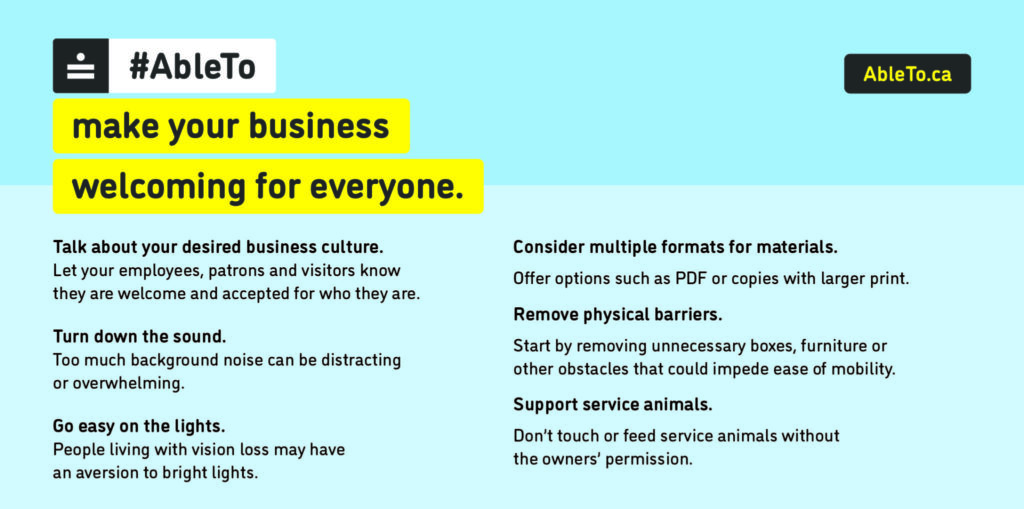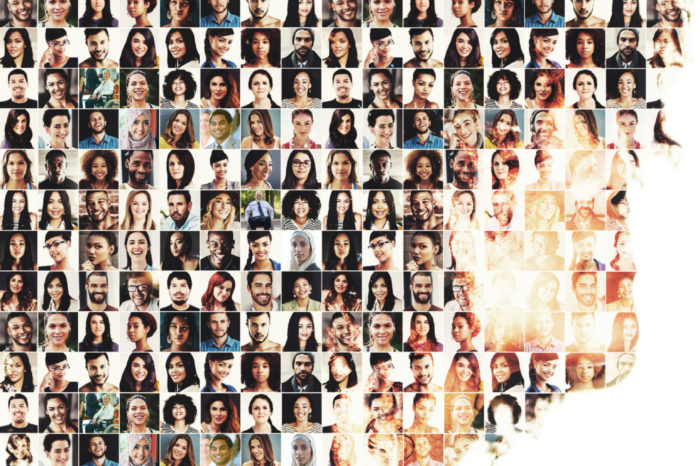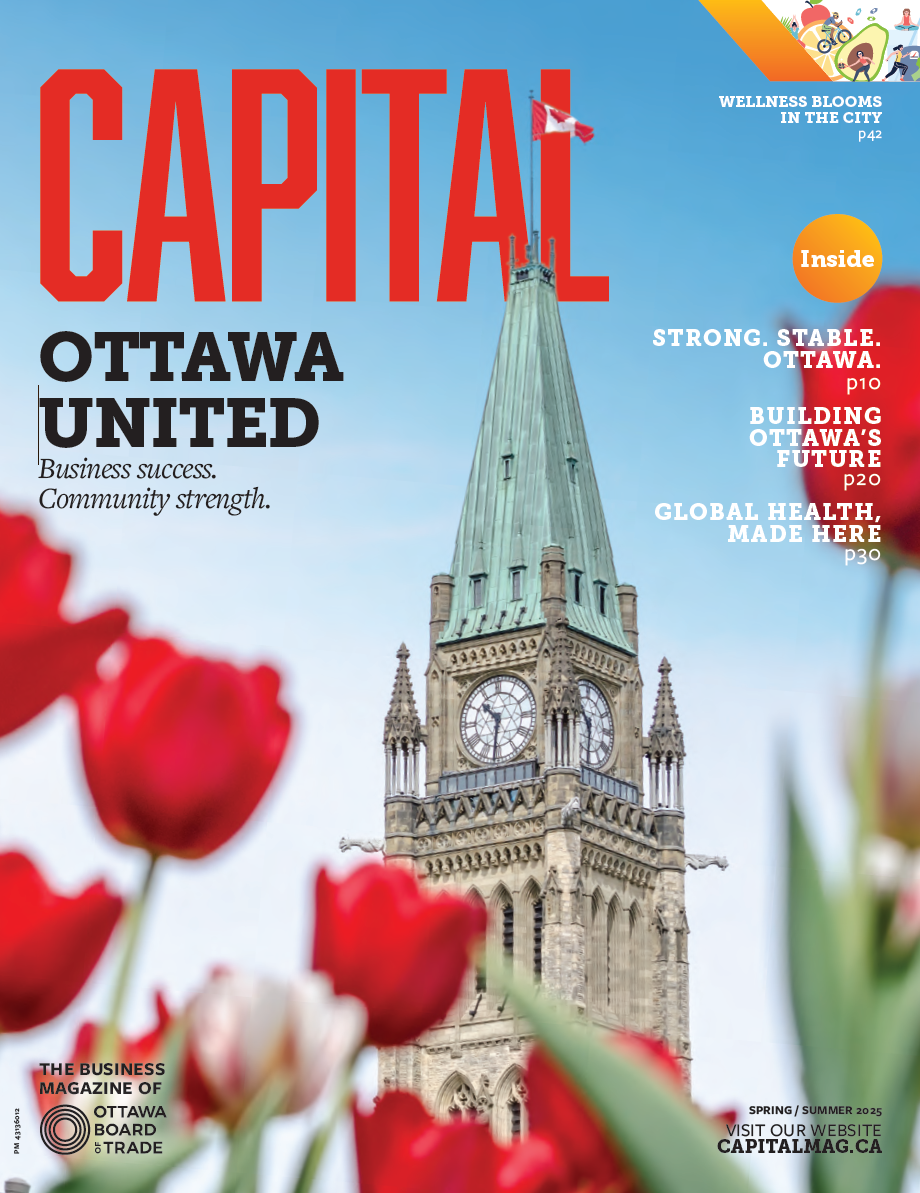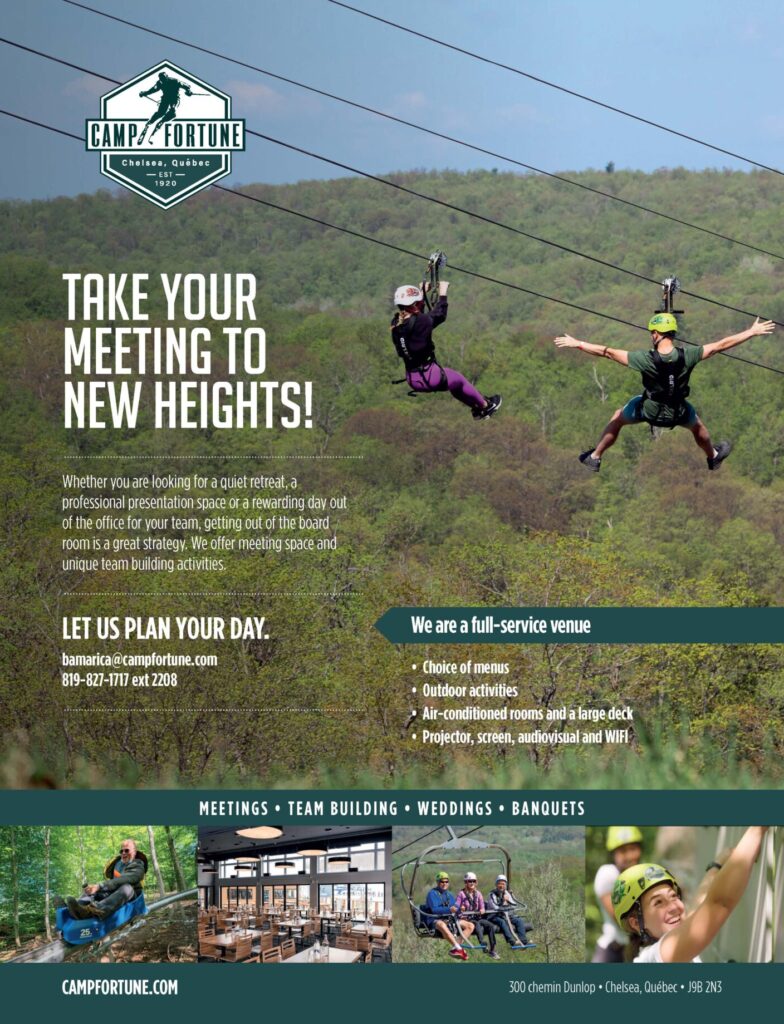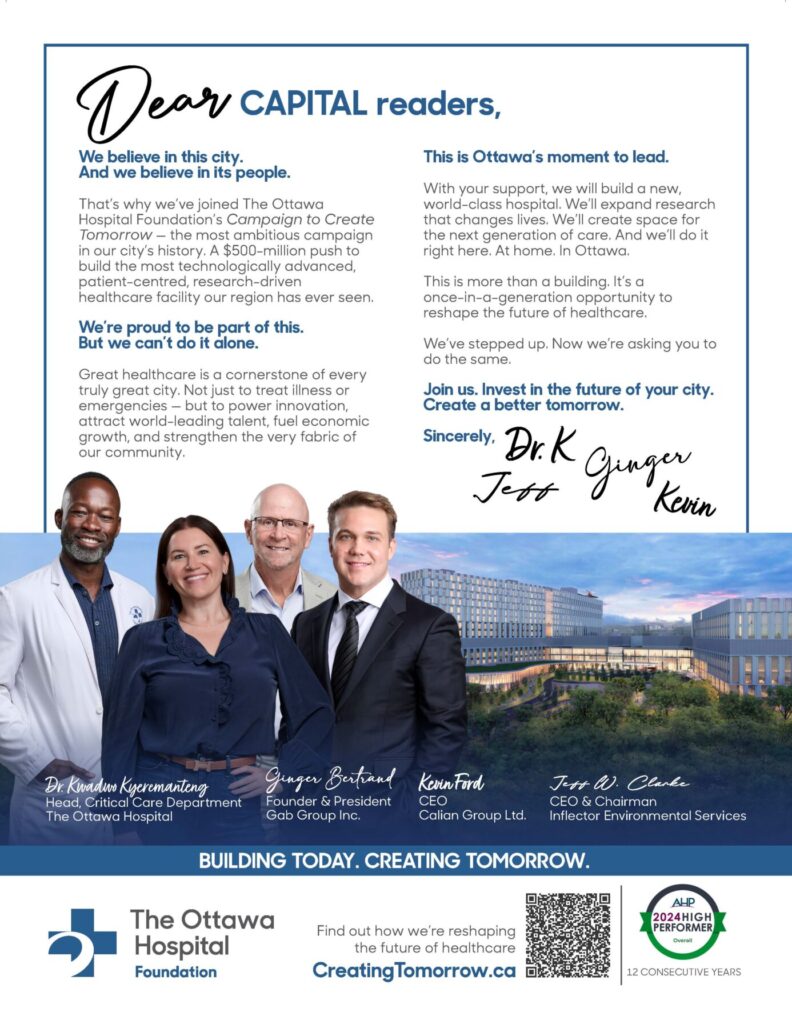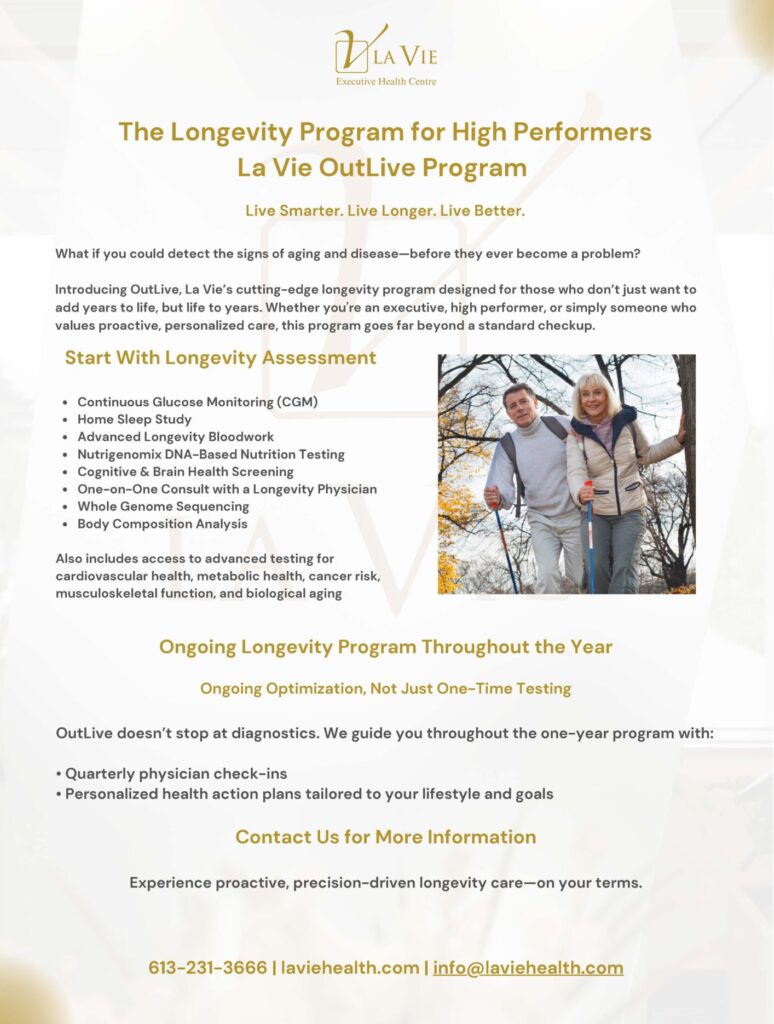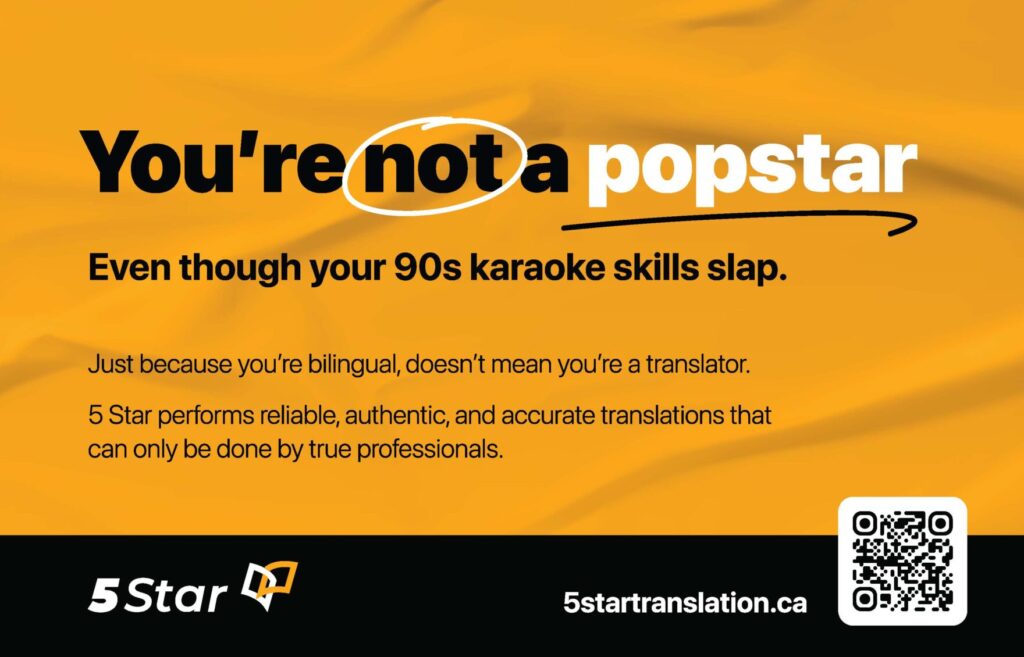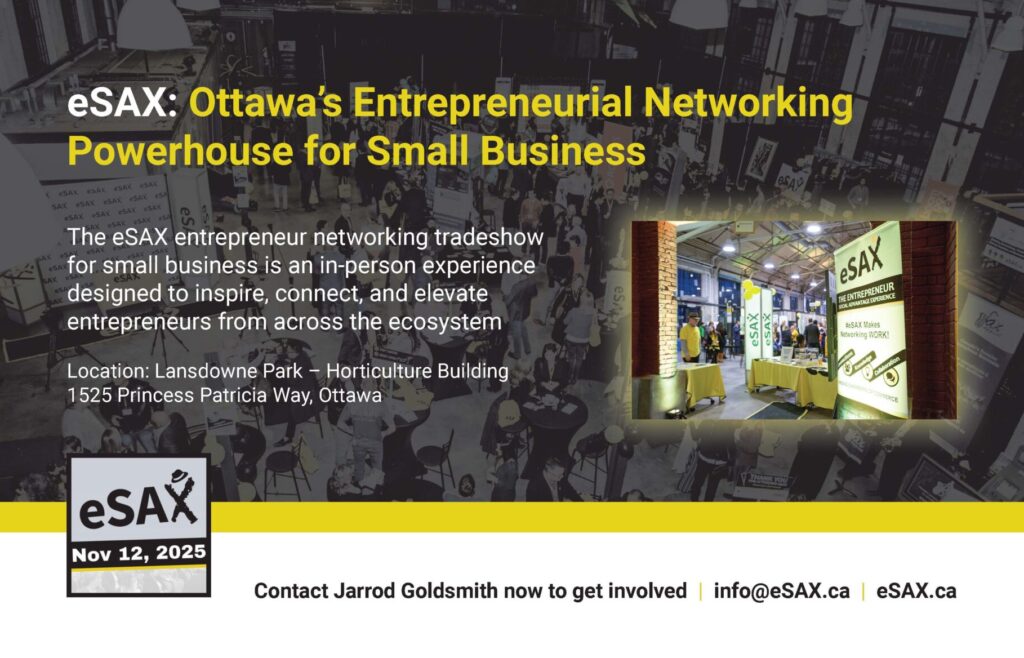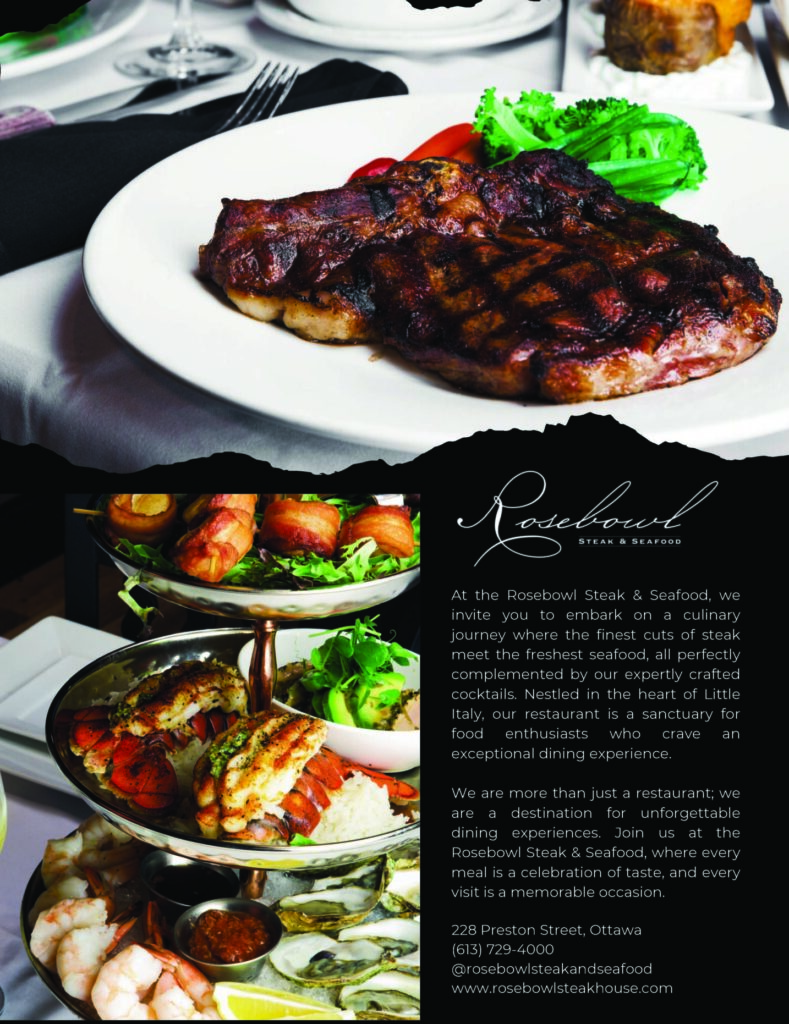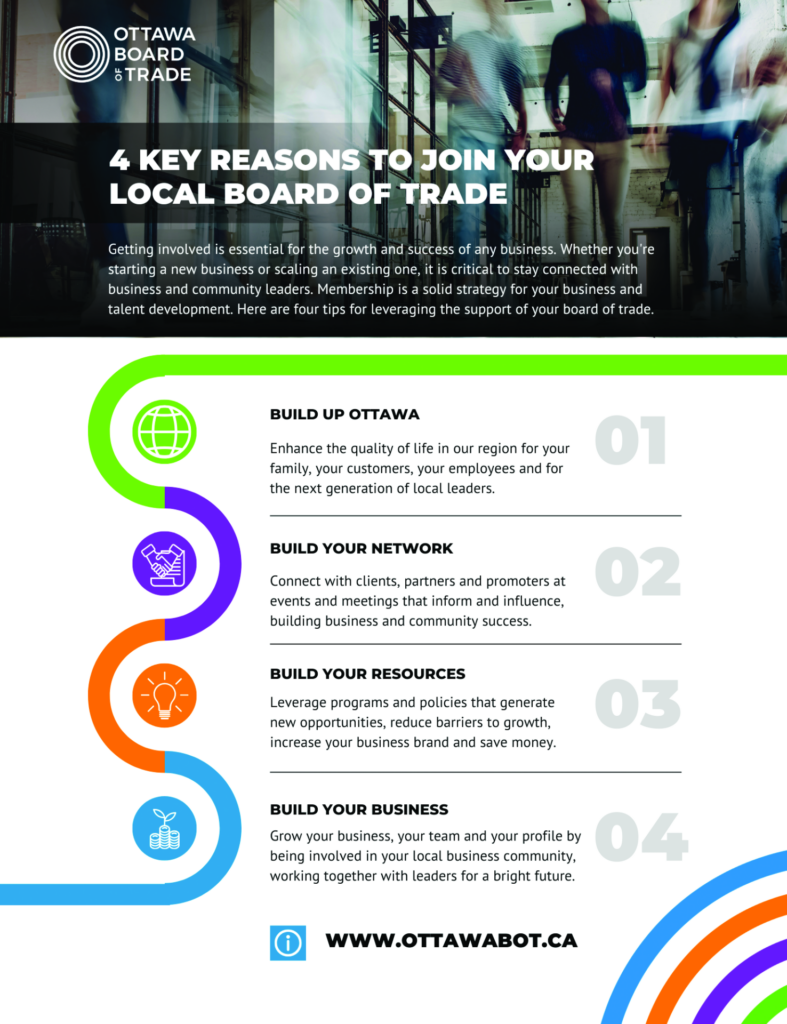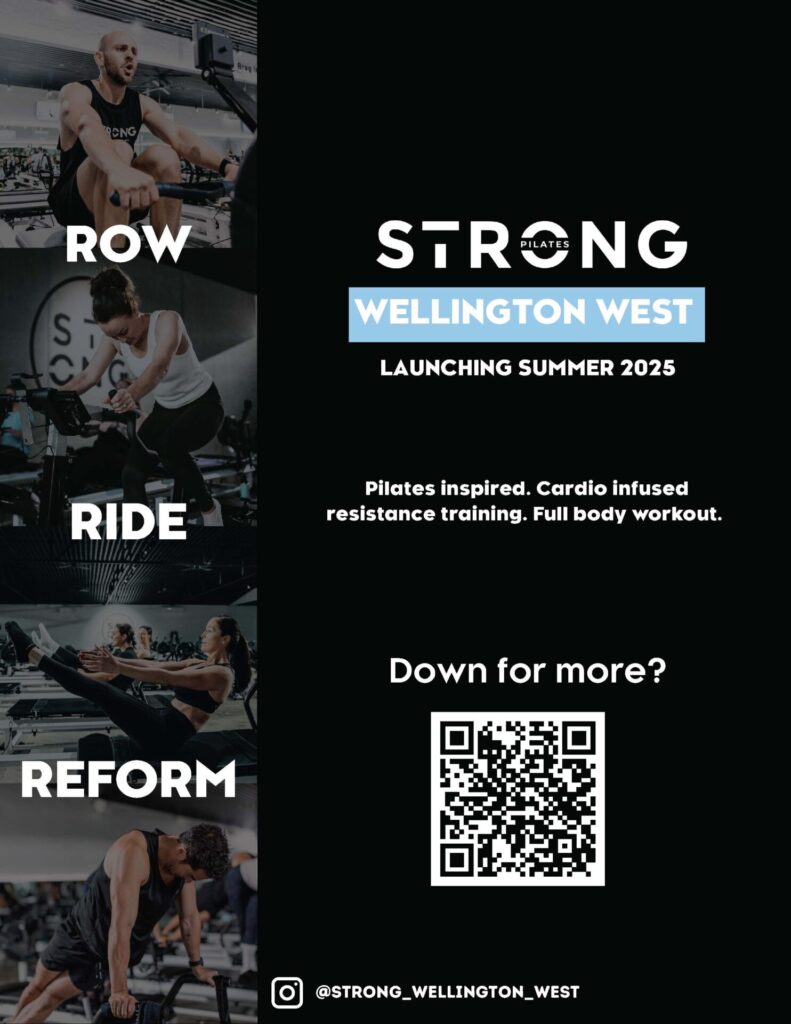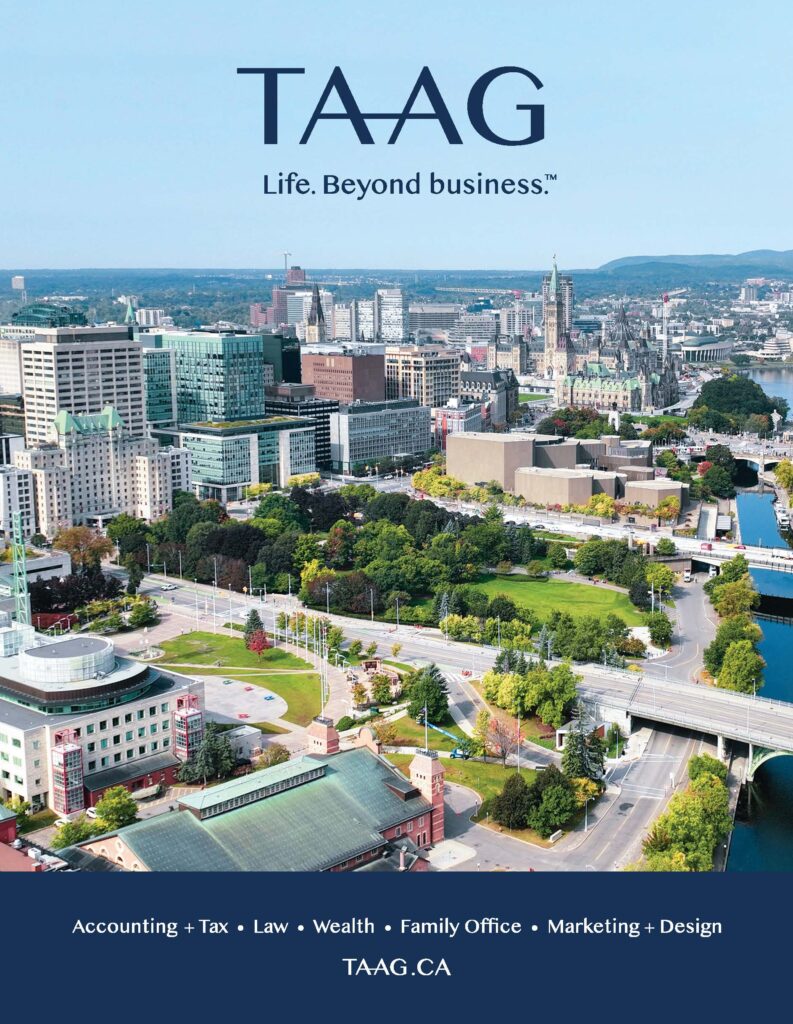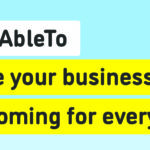David C. Onley Initiative: Inclusive hiring enriches workplaces
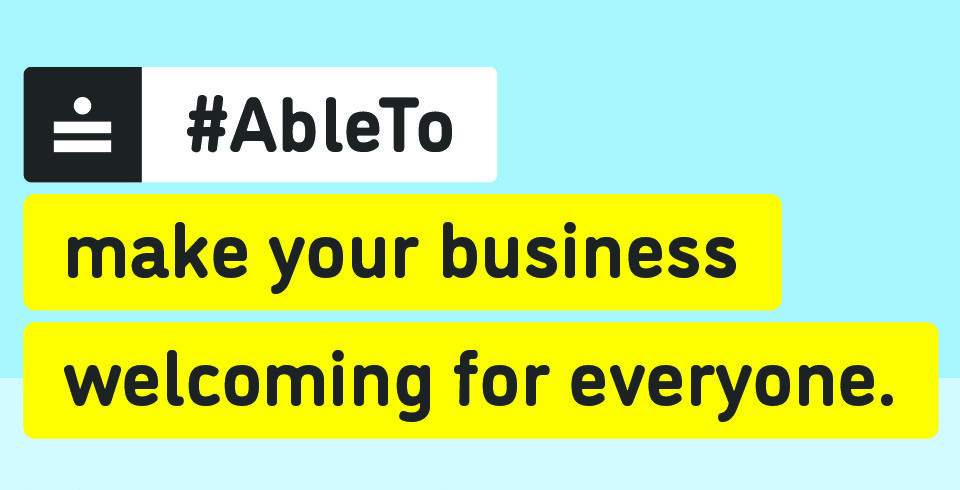
Yvan Le had completed a bachelor’s degree in mathematics, finishing with honours, and he still couldn’t find a job. It seemed his hearing impairment was getting in the way of his potential employment so he decided to bolster his skills by doing graduate studies in computer engineering at Carleton University.
It was a good move because as a result of connecting with the campus career office at Carleton, he discovered EARN, the United Way’s Employment Accessibility Resource Network. A program that works closely with the David C. Onley Initiative (DCOI) for Employment and Enterprise Development, EARN empowers people with disabilities to fully participate in the labour market. Today, Le is happily employed as an analyst at Accenture, a company in the network.
Persons with disabilities often face barriers to employment, but with a little help connecting, the company and the future employee can both gain. As Shannon Bruce, manager of business development at EARN, says, “The experiences of persons with disabilities can add so much value to the workplace.”
She notes that disability is often thought of as something someone has always had, but disabilities can be acquired later in life.
“If a top employee is in a car accident, we wouldn’t get rid of them,” Bruce says. “But workplaces, often through unconscious bias, are willing to risk not attracting or recruiting the next best employees because of assumptions based on disability or their own fears.”
Disabilities come in many forms, from visible to non-visible, and accommodations don’t come in a one-size-fits-all solution. Advancing accessibility positively impacts not just those with disabilities, but the entirety of a business’s workforce.
Various accommodations – such as flexible hours or universally-designed work environments or even telecommuting – can show all employees that a business is willing to put inclusivity and diversity at the forefront of their company culture.
“It can really show a company’s team that diversity is all-inclusive,” says Julie Caldwell, the DCOI’s assistant director of program operations, of making accessibility part of the workplace makeup. “A company can’t claim diversity and inclusion success if they’re not willing to create access to the most effective tools and resources to support the success of all staff.”
The DCOI’s #AbleTo campaign provides employers with resources to dispel biases surrounding disability and take advantage of the talent that’s out there, including Ontario’s 50,000 post-secondary students — more than 10,000 in Ottawa alone — with visible and non-visible disabilities. The campaign is showing employers that they’re missing out on this huge talent pool of young, highly skilled graduates.
“These students are really skilled, but something’s keeping them out of the workforce,” Bruce says. “People assume persons with disabilities are less educated but that’s not necessarily the case.”
The DCOI makes the points that skilled labour is in short supply; and socially minded customers are more likely to do business with companies that have policies of hiring people with disabilities.
The campaign notes that while diversity and inclusion are imperatives for many businesses, those efforts often end with gender and visible minorities, but employees with visible and non-visible disabilities must also be included if Ottawa employers are to thrive.
To that end, it challenges Ottawa employers to take the #AbleTo pledge, in which they share their “commitment to weave disability awareness and inclusiveness into the fabric of employment in Ottawa.”
The DCOI was a 2-year applied research project under Carleton University’s READ Initiative. To learn more, visit carleton.ca/read/
